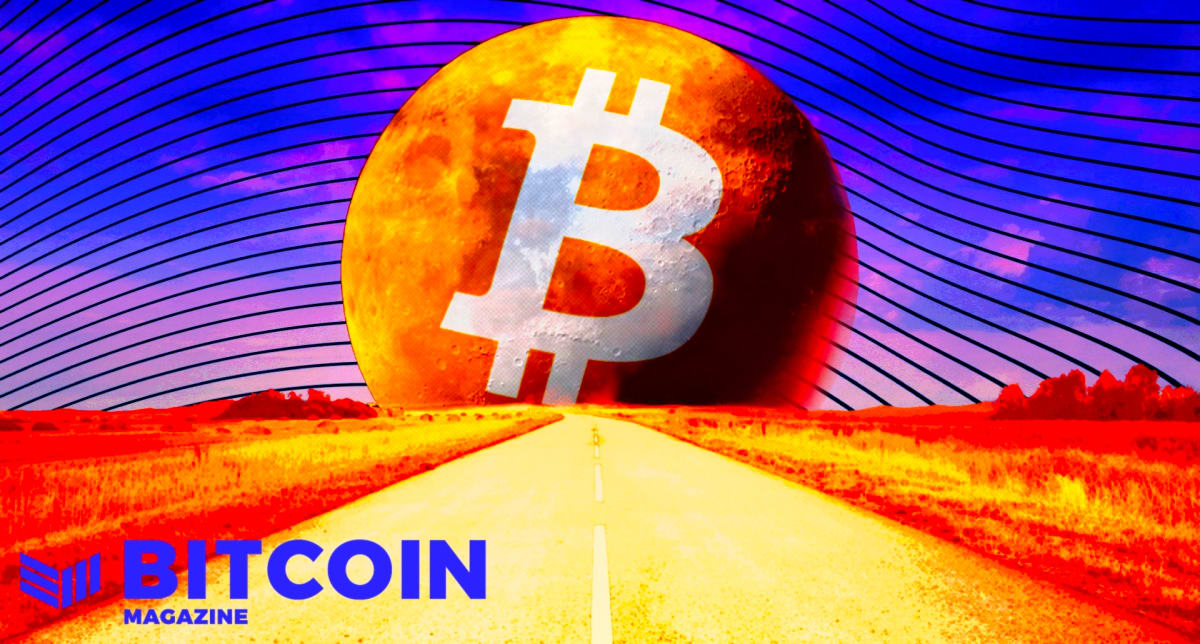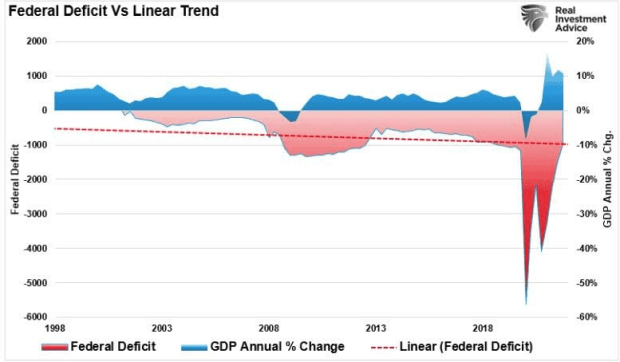Retail Investors, Elon Musk And The Rise Of Bitcoin
A landscape that gives more power to retail investors and the influence of celebrity endorsement have driven bitcoin’s recent rise.
Adoption of bitcoin is accelerating at an unprecedented rate. Bitcoin is the world’s first investment megatrend in which retail investors have led institutional allocators. And, until the advent of the Great Corona Recession, that dynamic was not given much consideration by the investment banks, hedge funds and asset management titans.
The rapidity and magnitude of the bounce in equities and risk assets in March of last year was caused in large part by the new force that retail investors represent in markets, empowered by fresh access to information and markets via online platforms around the world. The recent coordinated targeting of concentrated short-interest stocks by the “Reddit Revolutionaries” was reminiscent of the Arab Spring, where use of social media catalysed regime change.
The r/wallstreetbets group was similarly well informed and demonstrated its capability to move markets, triggering political uproar and a temporary concern for the structure of the U.S. equity market’s clearing and settlement structure. Retail investors have now permanently affected the asymmetry of short bets in single-stock equities that require traditional “market-neutral” hedge funds and asset managers to deploy more sophisticated strategies and mechanisms for managing risk.
Why We’re Living In The Bitcoin Age
Bitcoin has exploded due to the confluence of a number of factors. It is “better at being gold than gold” in as much as it is instantly accessible (does not require trust in an intermediary, administrator or appointment at the vault), has a lower cost of carry than bullion and has an absolutely constrained supply of 21 million (whereas advances in refining technology and environmental, social and governance shortcuts can generate more metal).
The rate of change of balance-sheet expansion at the European Central Bank (ECB), Federal Reserve and other G4 central banks is unprecedented. The “debasement of fiat currency” has moved from being “crypto kid” language to capital markets parlance, adopted by the world’s leading strategists to encompass the decline of the purchasing power of money and fuelling the asset-price inflation across the “Everything Rally.” This spectre of wealth erosion has been a familiar dynamic across many emerging markets, of course, since World War II, where investors and savers have lived with the threat of their wealth disappearing. These conditions have now come to developed markets since the Great Corona Recession, where policy makers can leverage the tools already developed and tested since the Great Financial Crisis — and without having to debate the political moral hazard of being seen to bail out the banks.
ITI is an emerging, markets-focused multi-asset prime broker. ITI turned bullish on bitcoin in the second quarter of last year when it became apparent across our core markets that the impact of retail investors in equity markets was a global phenomenon, rather than something limited to the U.S. equity market, as widely reported. ITI observed that, increasingly, the global population was turning to investing in markets in desperation to generate a living, rather than the “work-from-home gambling culture” that is often portrayed as fueling bitcoin.
Then, in the third quarter of last year, bitcoin began to take out the previous December 2017 peak in the currencies of Brazil, Russia, India, China and South Africa (BRICS) and other emerging markets. While U.S.-based and European observers debated the question of “will it, won’t it” break $20,000, ITI observed that for hundreds of millions of people around the world, bitcoin already had made a new high in their currencies as they scrambled to protect their savings.
Another major contributor to the adoption of bitcoin by the establishment has been the personal incentivization for asset managers, investment governance committees and corporate CFOs. Compensation drives behavior in financial markets. In December 2017, it made for stoic fiduciary responsibility to decry crypto as the vector of money-laundering and nefarious activity. This time around, however, that pendulum has swung to the other side whereby professional allocators and wealth managers need to be able to point to the safest way to access bitcoin for equity and multi-asset investment mandates.
ITI observes that bitcoin is an extension of the emerging markets investment phenomenon. It is also a manifestation of the value of the internet. And hence, it stands to reason that social media and the cult of celebrity have also been driving demand to an extent often misunderstood by traditional asset managers. In recent years, celebrity has been king, epitomised by the ascendancy of the previous U.S. president.
Bitcoin has become a necessary topic for all those tech-savvy business leaders who have harnessed the network effect to propagate their followings. Elon Musk’s Tesla announced that it had spent $1.5 billion on bitcoin in January, causing the currency to surge 17 percent in value. This news arrived just days after Musk added ‘#bitcoin’ to his Twitter profile page — only to replace it with “Dogecoin” shortly thereafter, which heightened the volatility for several days. Tesla also acknowledged future plans to accept bitcoin as payment for its products, which, quite significantly, has contributed toward Bitcoin’s mainstream acceptance.
The “Celebrity” Dynamic
Michael Saylor, the CEO of MicroStrategy, is the most influential American in Bitcoin. His company, a two-decade veteran of the Nasdaq, currently holds the largest corporate allocation to bitcoin in the world.
The reason that Musk and Saylor have had such an impact on Bitcoin is because of their credentials to back up their rationales and bold positioning. Musk is one of the world’s richest people, making him a leading authority on successful endeavours. His actions have not just increased the number of retail investors looking to make a short-term fortune on the volatile digital currency, but it’s made bitcoin a far more attractive option for both corporate, institutional and traditional investors, which less than six months ago would not have gone near bitcoin.
The difference between Musk’s tongue-in-cheek backing of dogecoin and his support for bitcoin is that Tesla put its treasury reserves into bitcoin. And, in doing so, Tesla joined a long list of tech giants who have already embraced cryptocurrency: Mastercard, Home Depot, Wikipedia and AT&T all accept cryptocurrency as a form of payment, and arguably the world’s most recognizable tech brand, Microsoft, has been accepting bitcoin for use in its online Xbox store since 2014 (with a short pause).
Thus, Tesla’s acceptance of bitcoin lent more weight to the long-term success of bitcoin than any public tweet from Musk could. At the time of this writing, rumors of Apple’s introduction to the cryptocurrency space are gaining momentum.
With the economic strife and devaluation of fiat currencies caused by quantitative easing by central banks in response to the COViD-19 pandemic, it’s no surprise at all that retail and corporate investors alike are rushing to invest in bitcoin. Celebrity appraisal of this fact has, for the most part, done little more than attract even more attention to the digital currency.
This is a guest post by Stephen Kelso. Opinions expressed are entirely their own and do not necessarily reflect those of BTC Inc or Bitcoin Magazine.









